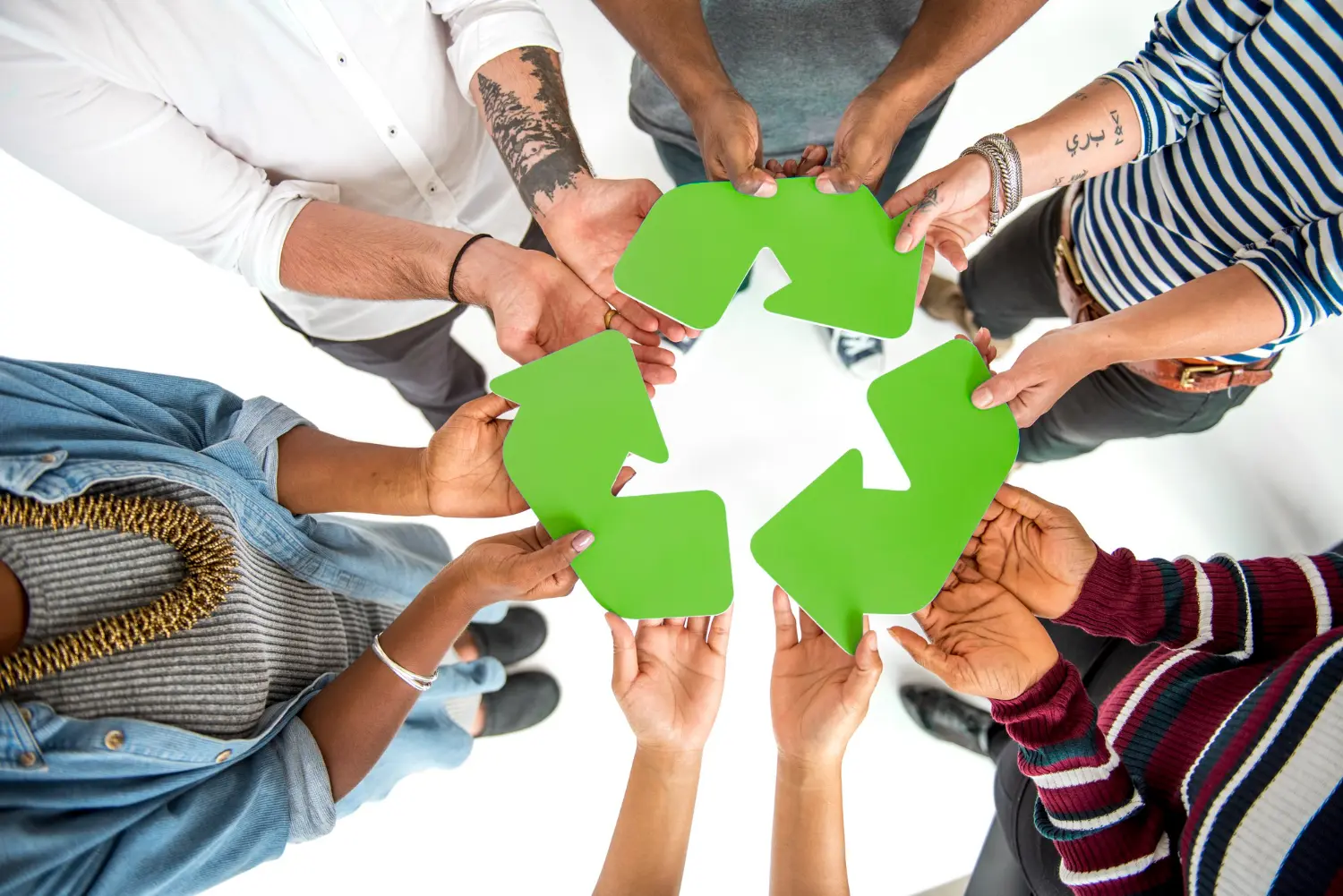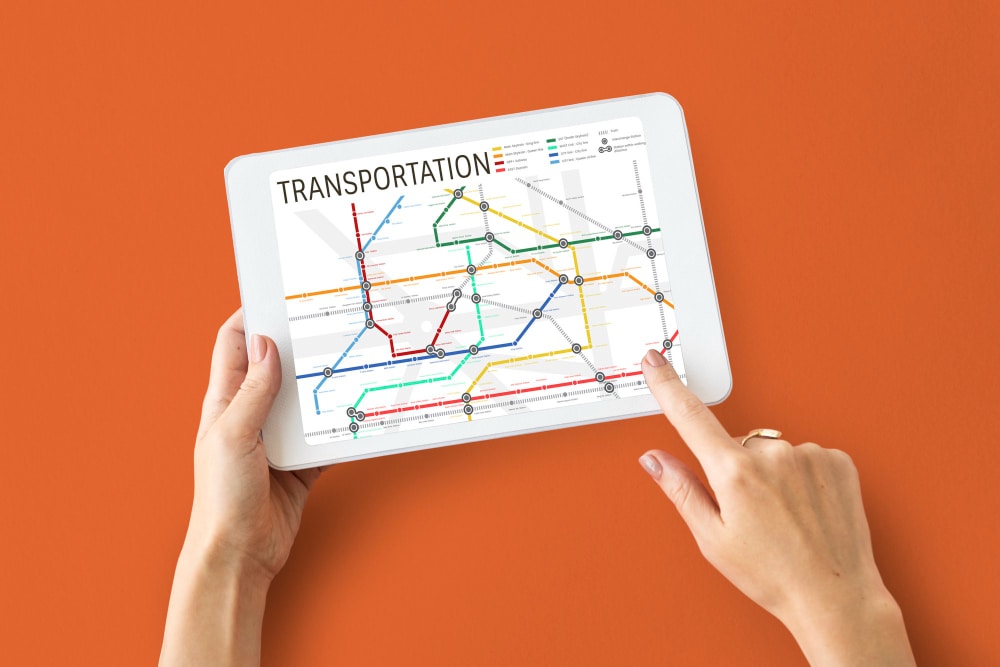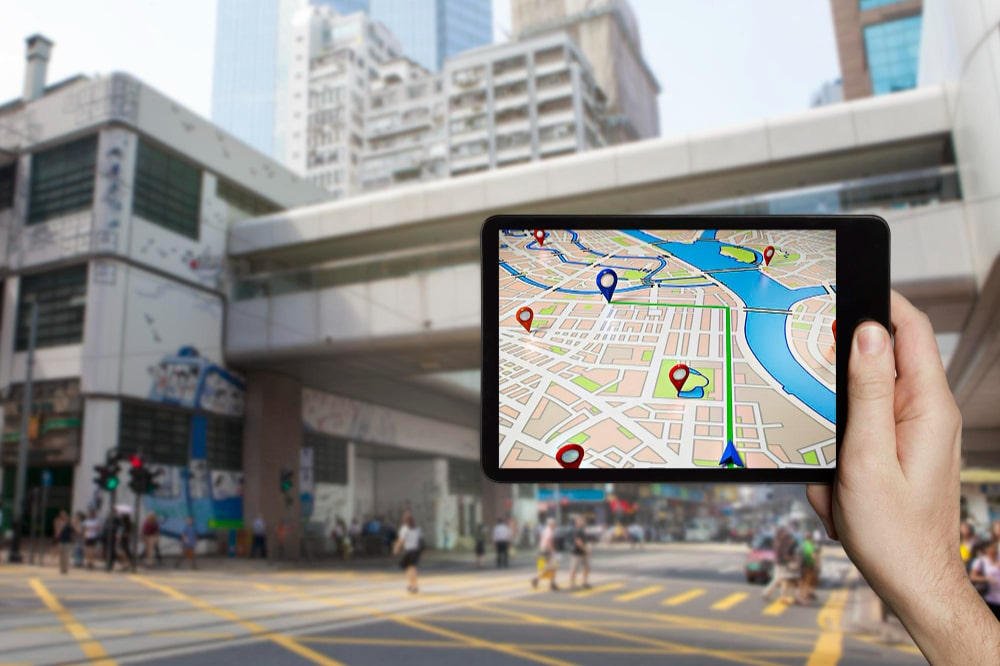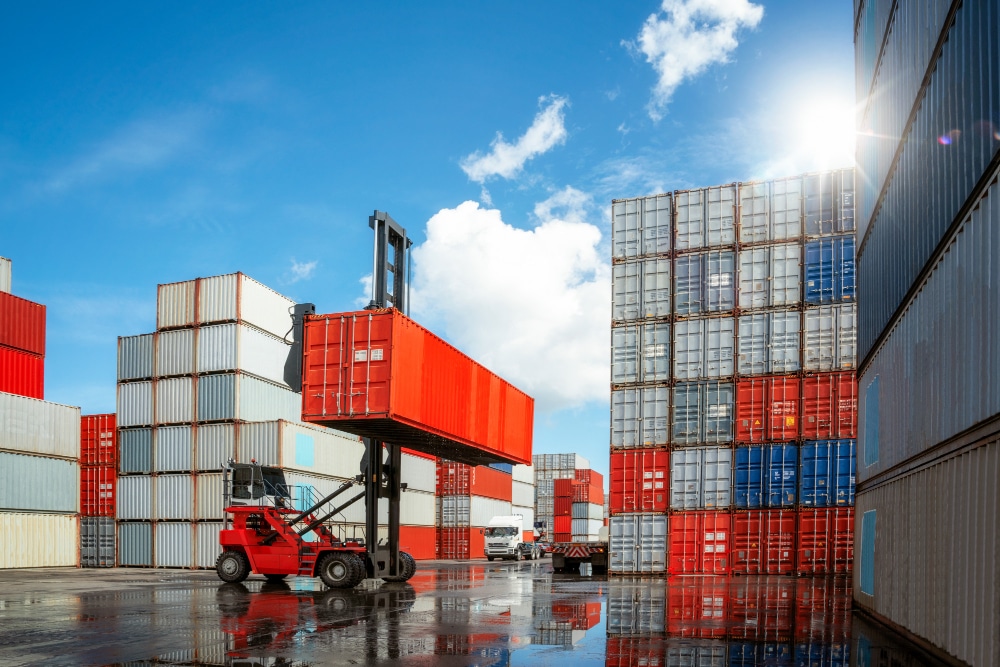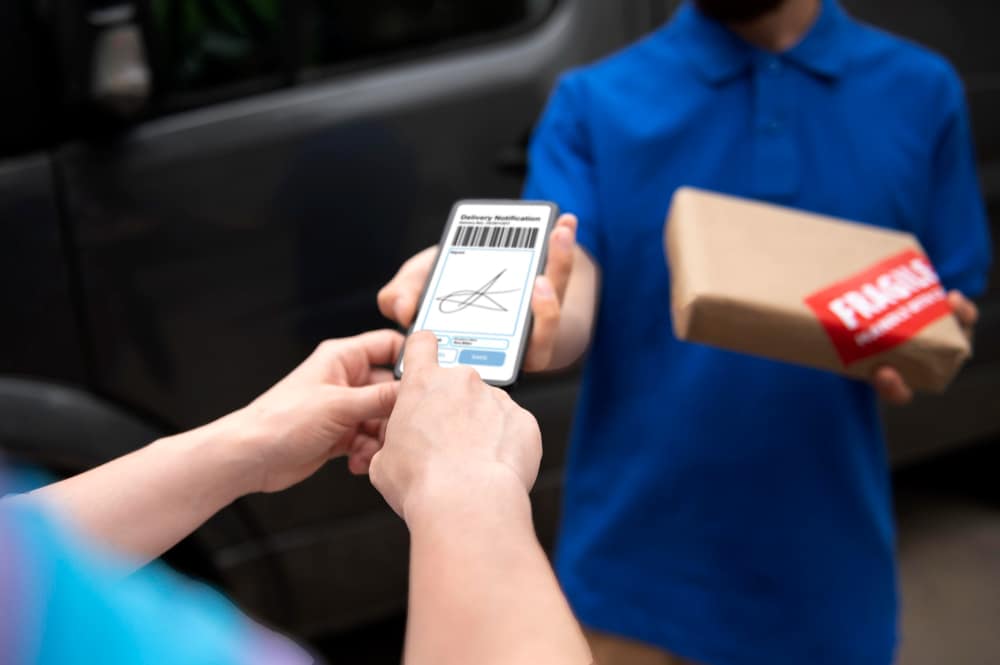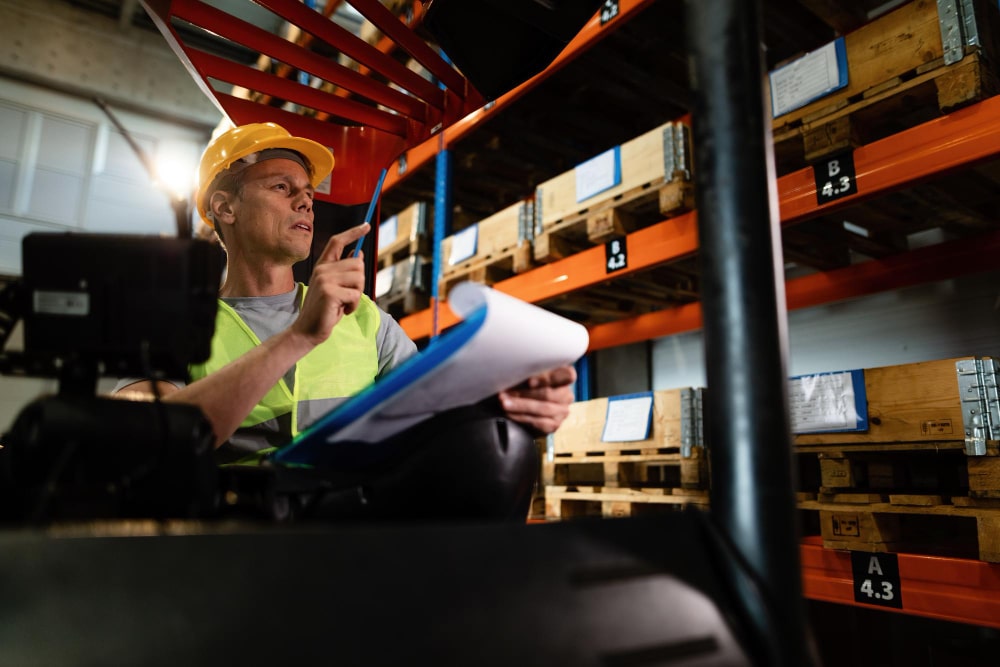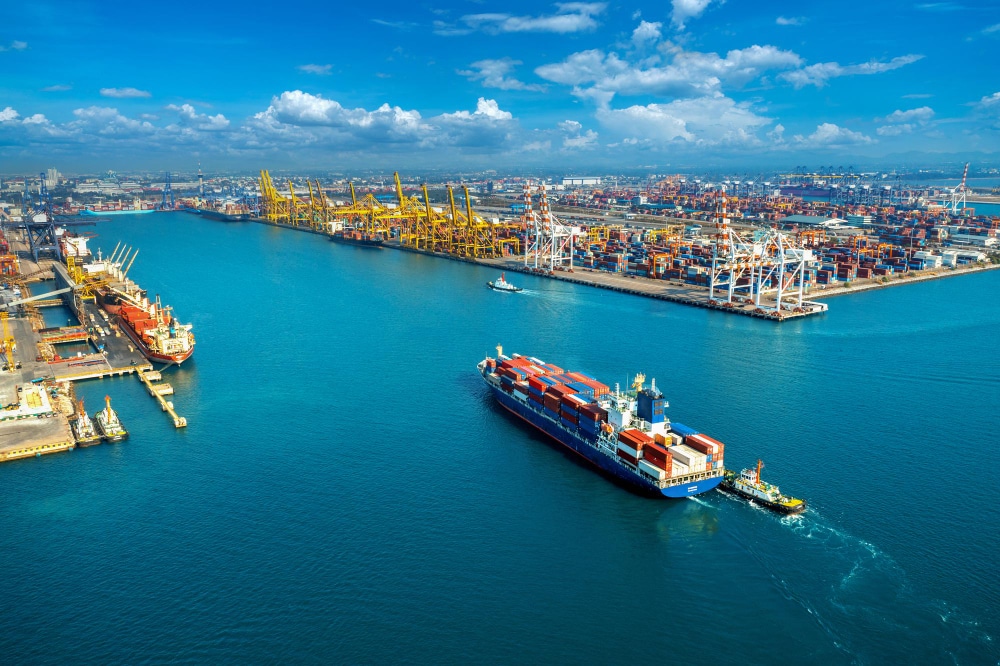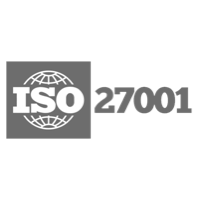In a world prioritizing sustainability, recycling has become profitable. What was once discarded as waste now presents a promising opportunity to both protect the environment and generate income.
The recycling industry has evolved, attracting entrepreneurs and investors who recognize its financial potential and positive impact on the planet.
This blog explores the thriving recycle business, showcasing success stories, emerging trends, and the innovative technologies driving its growth. Join us as we unveil the secrets behind turning waste into wealth.
Why start a recycling business in 2023?
Starting a recycle business in 2023 presents a compelling opportunity due to several key factors. First and foremost, the growing concerns about climate change and environmental degradation have heightened public awareness and fostered a sense of urgency to address these issues.
Recycling is pivotal in mitigating waste, conserving resources, and minimizing pollution, making it an essential component of sustainable practices. As society increasingly recognizes the importance of recycling, the demand for recycling services is expected to rise, creating a favorable market environment.
From an economic standpoint, the recycling industry holds significant potential. As more individuals and businesses adopt eco-conscious behavior, the demand for recycled materials grows across various sectors, including manufacturing, construction, and packaging.
Establishing a recycle business positions entrepreneurs to capitalize on this expanding market and supply chain.
Technological advancements in the recycling industry have further enhanced its viability. Innovations such as automated sorting systems, waste management software, and improved recycling techniques have increased operational efficiency and reduced costs.
Leveraging these technological advancements allows recycling businesses to streamline their processes, improve profitability, and stay competitive in the market.
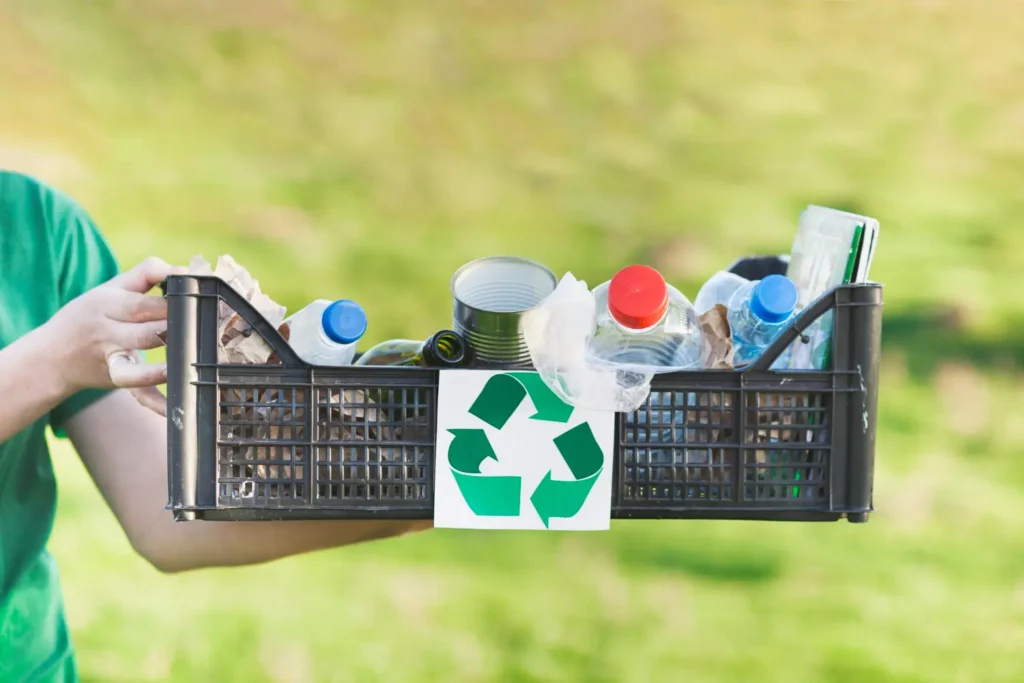
Steps to starting a recycling business
Starting a recycling business requires careful planning and execution. Here are the steps you can follow:
Conduct Market Research and Analysis
- Research the recycling industry in your area, including the types of materials being recycled, existing competition, and market demand.
- Identify any gaps or opportunities in the market that you can capitalize on.
- Analyze the potential profitability and sustainability of your recycling business.
Identify Target Customers and Niche Markets
- Determine the specific customer segments you want to target, such as residential households, businesses, or specific industries.
- Consider specializing in a particular type of recycling, such as e-waste, paper, plastic, or metal, to differentiate yourself in the market.
Obtain Permits and Licenses
- Research and obtain the necessary permits and licenses required to operate a recycling business in your area.
- Contact local government agencies and environmental departments to understand the specific regulations and compliance requirements.
Secure Funding
- Assess your financial needs and develop a comprehensive business plan that outlines your expenses, revenue projections, and potential returns on investment.
- Explore funding options, such as loans, grants, or investment from partners or stakeholders.
- Prepare a compelling business pitch to present to potential investors or financial institutions.
Purchase Vehicles and Equipment
- Determine the equipment and vehicles needed for your recycling operations, such as collection trucks, sorting equipment, balers, and shredders.
- Research suppliers, compare prices, and select equipment that meets your business requirements and budget.
- Consider buying used equipment to reduce costs, but ensure it is in good working condition.
Hire Employees
- Identify the necessary roles and skills required to operate your recycling business effectively, such as drivers, sorters, technicians, and administrative staff.
- Advertise job openings, interview candidates, and select individuals who align with your business values and have the necessary skills and experience.
- Provide appropriate training and ongoing support to ensure your employees are equipped to perform their roles efficiently.
Market Your Recycling Business
- Develop a strong brand identity and create a compelling marketing strategy to promote your recycling services.
- Utilize both online and offline marketing channels, including websites, social media, local advertising, and industry events.
- Highlight the environmental benefits of recycling and emphasize your competitive advantages, such as convenient collection, responsible disposal, or specialized recycling capabilities.
Streamline Processes with Delivery Software
- Explore the use of delivery software or management systems to optimize your recycling operations.
- Implement software solutions that can help with route planning, scheduling, tracking, and reporting.
- Automate administrative tasks and streamline communication with customers and employees to improve efficiency and customer service.
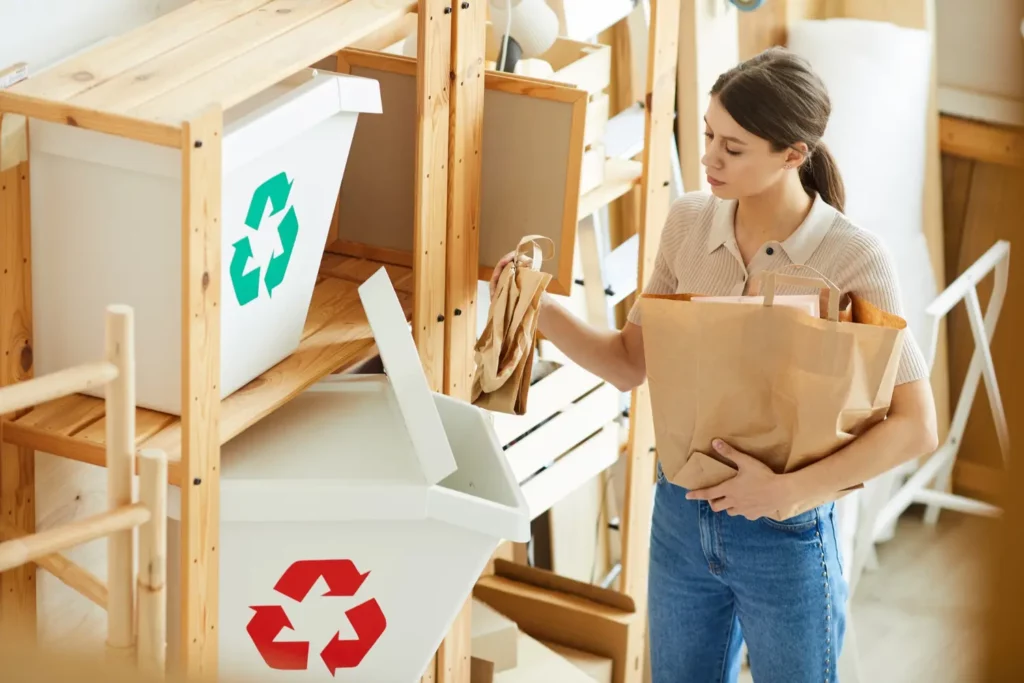
Challenges and Opportunities in the Recycling Business
Managing Supply and Demand Fluctuations
- Challenge: The availability of recyclable materials can vary based on factors like consumer behavior, economic conditions, and government policies. Fluctuations in supply can impact the profitability and operational efficiency of recycling businesses.
- Opportunity: Diversify your sourcing channels by building relationships with multiple suppliers, including businesses, municipalities, and community organizations. Stay updated on market trends and anticipate changes in demand to adjust your operations accordingly.
Dealing with Contamination and Quality Control
- Challenge: Contamination in recycling streams, where non-recyclable materials are mixed with recyclables, poses a significant challenge. Contamination reduces the value of recycled materials, increases processing costs, and affects the overall quality of recycled products.
- Opportunity: Implement effective education and outreach programs to educate the public about proper recycling practices. Work with suppliers and partners to establish quality control measures, including advanced sorting technologies and manual inspection processes, to ensure higher purity and better quality of recycled materials.
Technological Advancements and Automation
- Challenge: The recycling industry is evolving with advancements in technology, such as AI-powered sorting systems, robotics, and advanced material recovery techniques. Keeping up with these technological developments can be challenging for small and medium-sized recycling businesses.
- Opportunity: Embrace technological advancements to enhance operational efficiency, increase processing speed, improve sorting accuracy, and reduce labor costs. Explore partnerships or collaborations with technology providers to access and implement innovative recycling solutions.
Innovative recycling business ideas
Here are some innovative recycle business ideas that focus on specific recycling niches:
E-waste recycling
To start an e-waste recycling business, it is crucial to establish collection points where individuals and businesses can conveniently drop off their electronic waste.
These collection points can be standalone locations, partnerships with existing recycling centers, or collaborations with municipalities and organizations. Once the e-waste is collected, it needs to be sorted and processed.
Setting up a facility with the necessary machinery and equipment for this purpose is essential. This may include shredders, magnets, separators, and specialized machinery for handling different types of electronic devices.
It is also important to establish partnerships with recycling centers that can handle the proper disposal of hazardous materials and ensure the extraction of valuable components from the e-waste.
Compost and fertilizer delivery
A compost and fertilizer delivery business focuses on collecting organic waste, such as food scraps, yard trimmings, and other biodegradable materials, and transforming them into nutrient-rich compost and fertilizer.
The first step is to establish collection points where individuals and businesses can drop off their organic waste. These collection points can be designated locations or partnerships with local communities, restaurants, or grocery stores.
Once the organic waste is collected, it is processed through composting methods, such as aerobic decomposition, to break it down into nutrient-rich compost. This compost can be further processed and refined into different types of fertilizers, such as organic or specialized blends for specific crops or gardening needs.
The final step is to offer delivery services to customers, including residential homeowners, landscapers, and farmers, who want to enhance their soil quality and promote sustainable gardening practices.
Plastic recycling and repurposing
A plastic recycling and repurposing business is crucial in addressing the environmental challenges associated with plastic waste.
The first step is to establish collection points where individuals, businesses, and municipalities can conveniently drop off their plastic waste. These collection points can be strategically located or in partnership with recycling centers or waste management companies.
Once the plastic waste is collected, it undergoes sorting and classification based on its type and composition. This ensures that different types of plastics, such as PET, HDPE, PVC, and others, are separated to facilitate effective recycling and repurposing.
The sorted plastic waste is then processed through various methods, such as shredding, washing, and melting, to transform it into reusable raw materials.
These materials can be sold to manufacturers who utilize recycled plastic to produce new products, such as packaging materials, construction materials, textiles, and more.
Waste oil recycling
Waste oil recycling involves the collection, processing, and re-refining of used or waste oil to transform it into usable products. The process starts with the collection of waste oil from various sources, such as automotive service centers, industrial facilities, and individuals.
This collected waste oil is then transported to a recycling facility equipped with the necessary infrastructure and equipment for processing.
The recycling facility typically employs techniques like filtration, sedimentation, and chemical treatment to remove impurities and contaminants from the waste oil. Through this purification process, the waste oil is transformed into a reusable product known as recycled or re-refined oil.
This recycled oil can be further treated to meet specific industry standards and requirements. It can be used as a base oil for lubricants, additives for fuel, or as a component in various industrial applications.
Battery recycling
Battery recycling involves collecting used batteries from various sources and processing them in specialized facilities. The batteries are sorted, shredded, and separated to extract valuable materials like lithium, cobalt, and nickel.
These materials can be reused in the production of new batteries and other products, reducing the need for extracting raw resources.
Hazardous components are treated for safe disposal. Battery recycling prevents environmental pollution and conserves valuable resources while sustainably extending the lifecycle of batteries.

Streamline your recycling business with Detrack
In conclusion, the recycling industry offers numerous opportunities for businesses to contribute to environmental sustainability while generating revenue. However, it also presents challenges that require careful management and innovative solutions.
By addressing challenges like managing supply and demand fluctuations, and dealing with contamination, and leveraging technological advancements, recycling businesses can thrive in this ever-evolving industry.
If you’re looking to streamline your recycle business and enhance efficiency, consider integrating Detrack into your operations. Detrack is a powerful delivery software solution that can optimize your recycling logistics, improve route management, and enhance customer communication. With Detrack, you can track and manage your recycling pickups and deliveries, streamline processes, and provide real-time updates to your customers. Take your recycling business to the next level with Detrack and revolutionize your operations. Schedule a demo today to see how Detrack can benefit your business.
